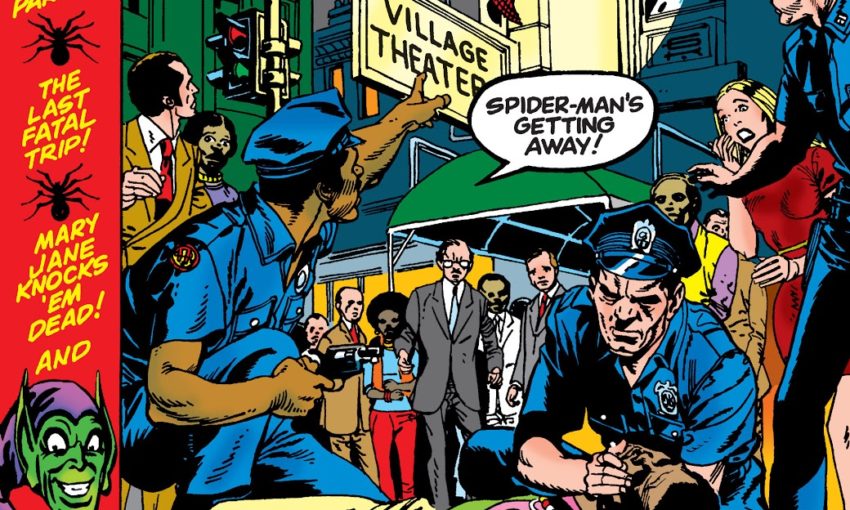In the 1940s and 50s, comic books were blamed for corrupting our children. In the 90s, rap music was blamed for everything from school shootings, to violence towards women, to the promotion of gang culture. And more recently, videogames have been scapegoated as the source of America’s fascination with violence.
Often, members of these scapegoated communities will argue back with similarly misguided rhetoric. Many will say something like, “I’ve been playing video games since I was 3 and I didn’t turn out into some violent ghoul”.
But this statement is only half correct. Of course an entire medium cannot be trivialized into being inherently good or bad, but the statement also seems to suggest that the things that define our culture (videogames, movies, TV etc) have no effect on how we behave as a culture.
And how can that be true? How can something people engage in so closely and passionately have no influence on people and how we think?
Pop Culture Can Affect Us in Positive Ways
Tell the makers of Journey or Shadow of the Colossus that videogames are just expensive time-wasters. Tell Public Enemy and KRS-One that their rhymes about the black experience have had no effect on society. Tell Alan Moore that V for Vendetta will never affect the way people think or motivate anyone to action. Art influences and is influenced by our views, our values and our culture, and these things inform our actions.
By making the argument that pop culture doesn’t affect people’s actions, you belittle the very thing you’re trying to protect. The problem is you can’t have it both ways. If we believe that we can inspire with our music and films and other forms of entertainment, then we must concede that when used improperly, our creative works can have negative implications as well.
Social Vices Are Like Paints for Artists to Create With
Hip Hop journalist Harry Allen once said about music sampling, “Sampling is like the color red. It’s like saying, ‘Is the color red creative?’ Well, it is when you use it creatively.” Similarly, sex, violence, racism, drug use and other vices are all different paints that an artist may use to comment on culture, but it’s not the paint that makes a painting good or bad, but how that paint was used.
In 1971, Stan Lee wrote a story arc for The Amazing Spider-Man that involved drug abuse. At the time, it was largely impossible for mainstream comics to even mention such topics, because it couldn’t be passed by the Comics Code Authority, a self-governing body formed to screen comic books for appropriateness. Yet, the story arc became one of the first comics to be printed without the seal of approval from the Comics Code Authority since its formation, and since its publication the story has proceeded to win awards.
Though the CCA disapproved of any instance of drug use, Stan Lee proved that he could use the paint with creativity.
Vice in Pop Culture Should Be Criticized on a Case by Case Basis
Discussion should not be about violence in videogames, but about particular instances violence—not about sex and nudity on TV, but about particular instances of sex and nudity.
Whether they be comic book writers, rappers or videogame creators, the people behind the media we consume are engaged in artistry, and as I’ve said before, all art is rhetoric. Even the Nazis knew that the way to reach people is through pop culture and other creative media. Every song, movie and TV show is making some statement, and we should judge them not on the topics they discuss, but by how they treat that topic.
Cracked.com’s Gladstone recently made similar comments about the current debate surrounding “rape jokes”. The point he argues is that you cannot have a discussion about rape jokes, because you must take them on a case by case basis and analyze what the joke is saying. Is it making fun of rape? Is it belittling rape? Or is it commenting on how we as a culture view rape?
No topic should be so off limits that we don’t discuss it, whether it be through artistic expression or cultural debate. Violence, sex, racism and the Holocaust are all viable topics for jokes, movies or videogames, but we must carefully judge each instance on what is being said.

